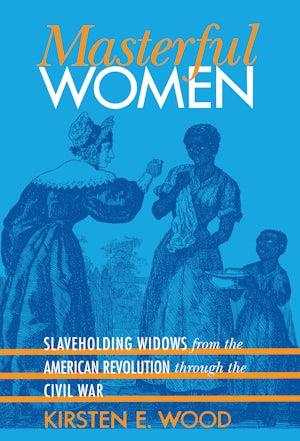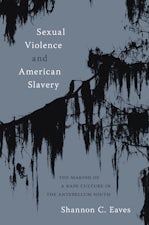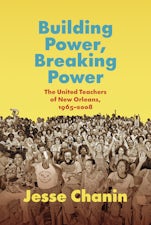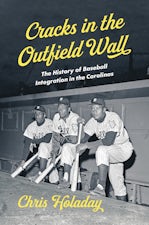Masterful Women
Slaveholding Widows from the American Revolution through the Civil War
By Kirsten E. Wood
304 pp., 6 x 9, 2 illus. , notes, bibl., index
-
Paperback ISBN: 978-0-8078-5528-7
Published: June 2004 -
E-book EPUB ISBN: 978-0-8078-6377-0
Published: December 2005 -
E-book PDF ISBN: 979-8-8908-7717-8
Published: December 2005
Gender and American Culture
Buy this Book
- Paperback $42.50
- E-Book $29.99
For Professors:
Free E-Exam Copies
Awards & distinctions
2005 Francis B. Simkins Award, Southern Historical Association
Because their husbands' wills and dower law often gave women authority over entire households, widowhood expanded both their domestic mandate and their public profile. They wielded direct power not only over slaves and children but also over white men--particularly sons, overseers, and debtors. After the Revolution, southern white men frequently regarded powerful widows as direct threats to their manhood and thus to the social order. By the antebellum decades, however, these women found support among male slaveholders who resisted the popular claim that all white men were by nature equal, regardless of wealth. Slaveholding widows enjoyed material, legal, and cultural resources to which most other southerners could only aspire. The ways in which they did--and did not--translate those resources into social, political, and economic power shed new light on the evolution of slaveholding society.
About the Author
Kirsten E. Wood is assistant professor of history at Florida International University, where she is also affiliated with the women's studies and African/New World studies programs.
For more information about Kirsten E. Wood, visit
the
Author
Page.
Reviews
"Well-written and painstakingly researched. . . . As a study of slaveholding widows in the antebellum South, Masterful Women is a very important contribution to the field."--Register of the Kentucky Historical Society
"A positive contribution to women’s and Southern history for demonstrating the complexity between the reality of female lives and the rhetoric of prescriptive literature."--Florida Historical Quarterly
"A welcome and comprehensive addition to the scholarship about southern women. Well researched and thoughtful, this book provides a long overdue examination of white slaveholding widows, their special version of mastery, their relationships to family and to others, and their actions and experiences as slaveholders. . . . Smart, commendable, interesting, and important."--Georgia Historical Quarterly
"[A] fine book. . . . Nicely written and peopled with memorable . . . characters, this book is an important contribution to the literature on women, gender, and plantation society in the Old South."--North Carolina Historical Review
"[An] interesting and much-needed study of slaveholding widows. . . . A must read for students of comparative New World slave systems."--Journal of American History
"General readers seeking a concise view of the Alamo and its role in the Texas Revolution will find this a good place to start."--Journal of Southern History




